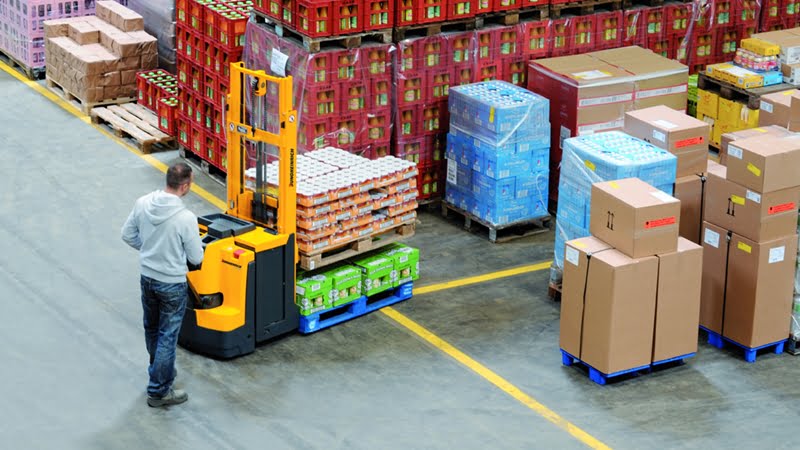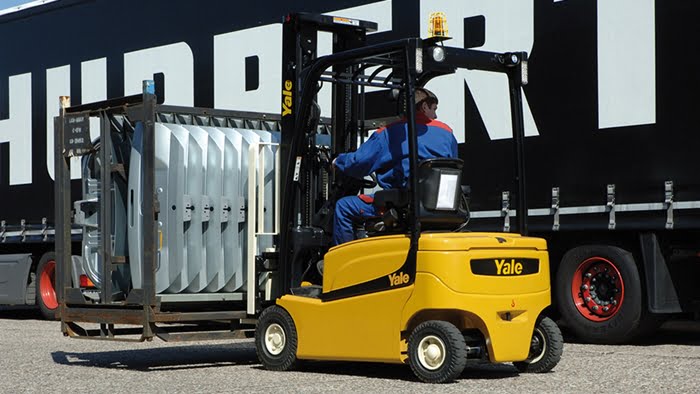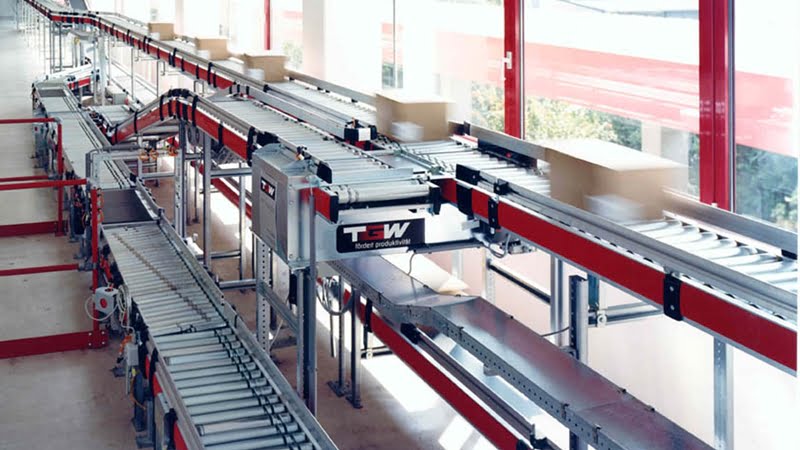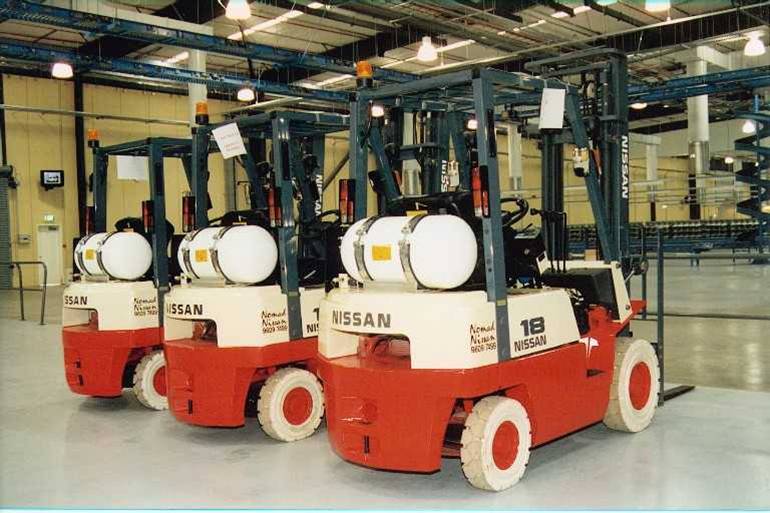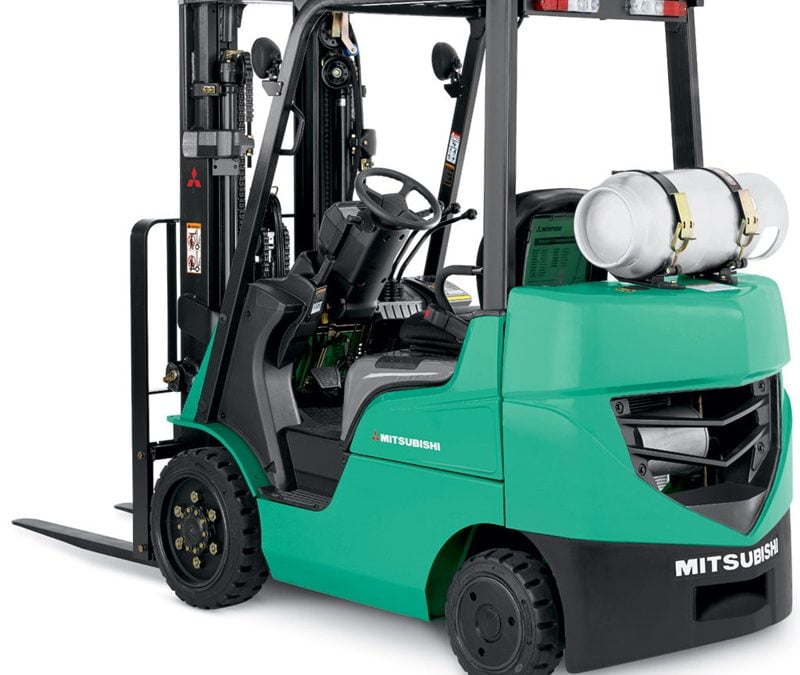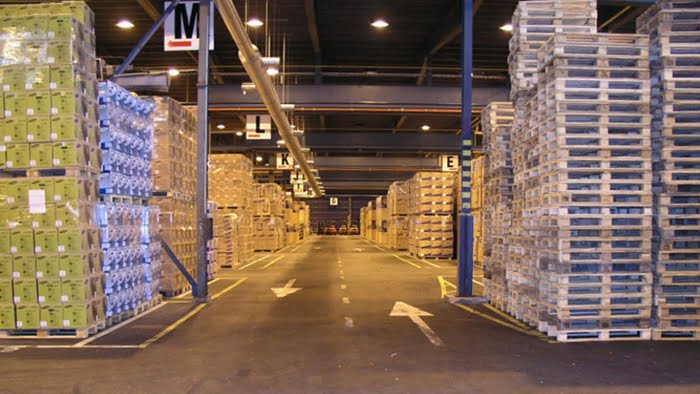
by tylorBennett | Jul 12, 2025 | Forklift Fleet Management
Chapter 7: Electric Braking and Energy Regeneration AC electric technology allows precise and aggressive electric braking in which mechanical friction from a physical brake is not used as the sole means of slowing or stopping the lift truck but in addition, it...

by tylorBennett | Jul 12, 2025 | Forklift Fleet Management
Chapter 2: AC Technology Compared to Internal Combustion When compared to internal combustion systems, the performance of AC lift trucks in parameters such as acceleration, ability to negotiate a ramp, speed control on ramps, load-lift ability and braking are today...

by tylorBennett | Jul 12, 2025 | Forklift Fleet Management
Profit margins are razor thin in the food industry and it’s critical distribution centers run at optimal efficiency. Before determining the right amount of space and equipment in a warehouse, it must be determined whether the right processes are in place to handle...

by tylorBennett | Jul 12, 2025 | Forklift Fleet Management
A majority of forklifts equipped with internal combustion engines run on gasoline, diesel or liquid propane gas (LPG). Some forklifts are equipped to run on compressed natural gas (CNG). Which gas is better for your forklift fleet? There are a few factors to take into...

by tylorBennett | Jul 12, 2025 | Forklift Fleet Management
Chapter 1: The Concept of Total Cost of Ownership (TCO) Equipment acquirers, more often than not, fail to understand the concept of total cost of ownership (TCO), instead are focusing mainly on the initial cost of the purchase in making their ultimate decision....

by tylorBennett | Jul 12, 2025 | Forklift Fleet Management
If you manage a warehouse or have experience working with MHEs, pallets are as common to you as stop signs or silverware. But, just because you can tell a butter knife from a steak knife doesn’t mean you can’t hurt yourself, or someone else, if you handle one...